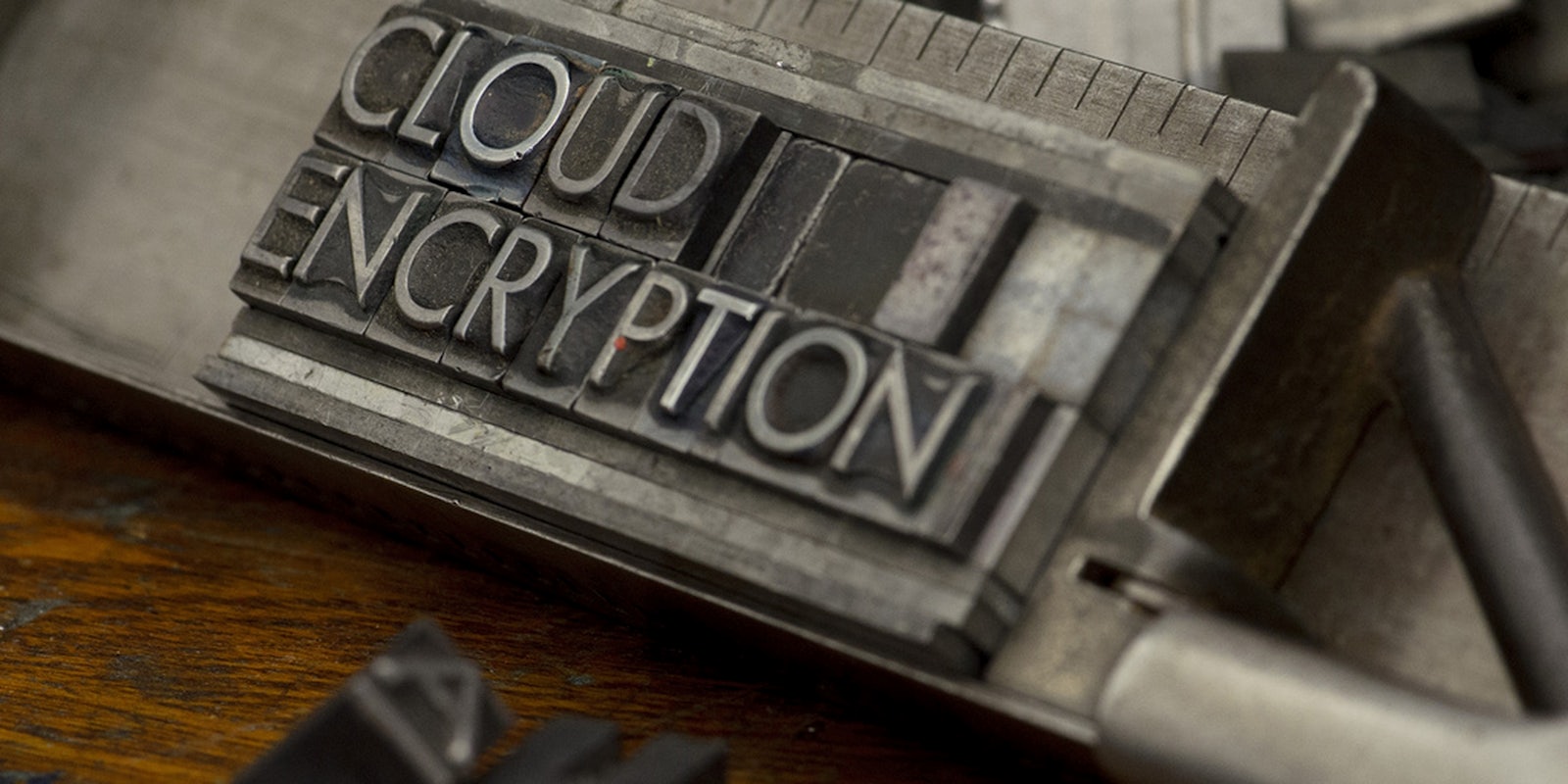The heated debate over encryption may soon get a referee.
A House committee chairman and a senior Senate Democrat urged the U.S. government to establish a commission to study the issue of encryption, writing in an op-ed on Sunday that “Americans have heard a lot of bluster and not enough substance” on a contentious subject that has pitted cops and spies against security engineers and privacy activists.
Criminals and terrorists have used encrypted technology to hide their communications for decades, but the issue of whether tech companies should weaken their encryption to help investigators gained new momentum in late 2015 after the Paris and San Bernardino terrorist attacks.
“We believe the individuals most capable of finding creative ways to protect our security—both public and private—are the stakeholders themselves.”
U.S. officials have stepped up pressure on tech companies to build “backdoors” in their encryption—which would let investigators bypass tech products’ security but would also expose those products to hackers—and some lawmakers have suggested legislation mandating those solutions.
In their Washington Post op-ed, House Homeland Security Committee Chairman Michael McCaul (R-Texas) and Sen. Mark Warner (D-Va.) argued that resolving the long-running encryption debate required “a dialogue that takes fuller account of technological limitations, investigative tools, and legal needs.”
The two lawmakers suggested that Congress “convene a body of experts” representing all perspectives on the subject. “This would not be a group of politicians debating one another,” they wrote. “We believe the individuals most capable of finding creative ways to protect our security—both public and private—are the stakeholders themselves.”
The commission would be expected to produce “much-needed data” and “recommendations” that preserve both “privacy and public safety.”
McCaul and Warner appeared to dismiss the idea of backdoors, saying they would “weaken Internet privacy for everyone and could have the unintended consequence of making our information systems more vulnerable to attack.” And they noted that U.S. legislation would only push malicious actors onto foreign platforms where they would be harder to surveil.
As more companies implement strong, end-to-end encryption that even they cannot break, intelligence and law-enforcement officials have grown increasingly concerned that they will lose their ability to monitor criminal and terrorist suspects. Some of those officials, like FBI Director James Comey, have responded by reigniting a decades-old battle known as the “crypto wars,” with Comey calling the problem “going dark.”
The White House, which has so far declined to clarify President Obama‘s stance on unbreakable encryption, has long called for increased dialog between warring factions in the debate. But civil-liberties advocates point out that this dialog has existed since the crypto wars began in the 1990s. They argue that calls for more discussion sound like a stalling tactic.
“We’ve been talking about this for 30 years,” Joseph Hall, chief technologist at the Center for Democracy & Technology, told the Daily Dot in July, referring to encryption workarounds, “and we have [yet] to see a serious fucking technical proposal from them about how they would actually do this.”
Photo via Perspecsys Photos/Flickr (CC BY SA 2.0)
